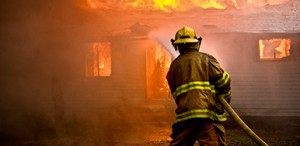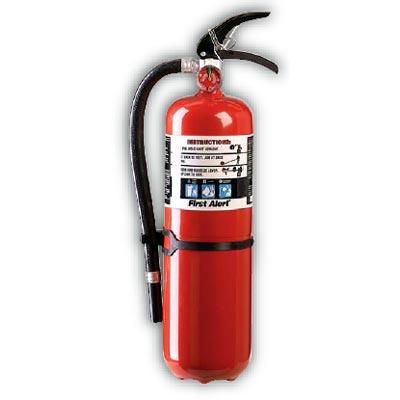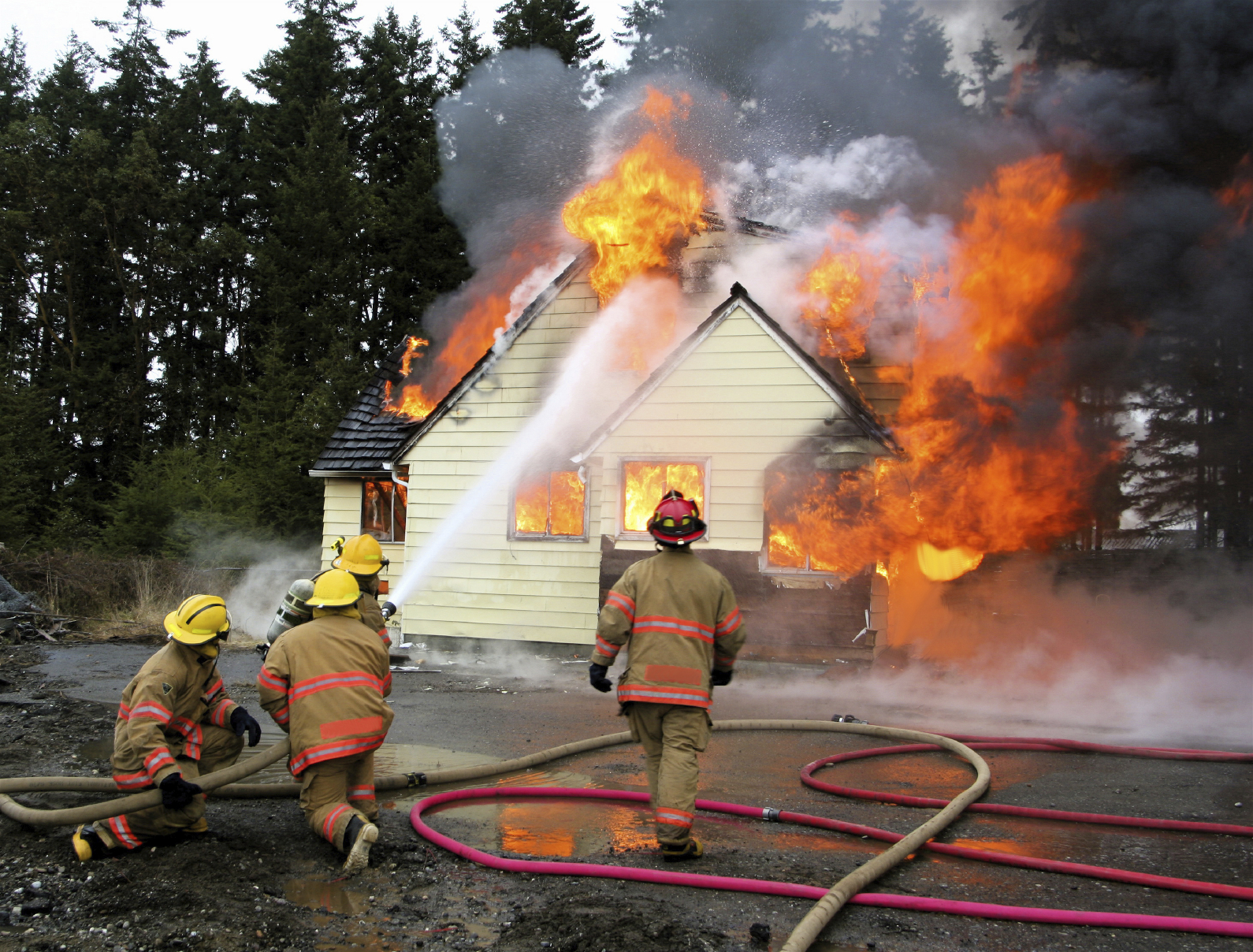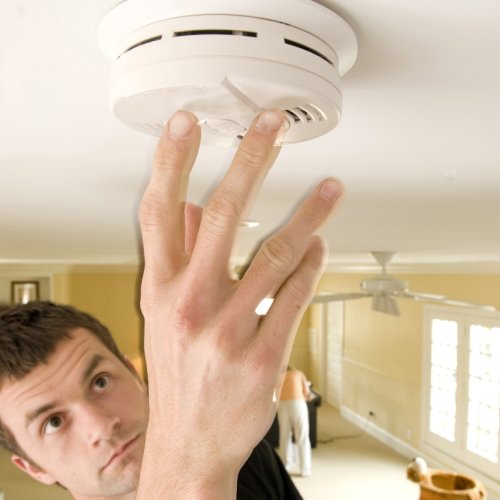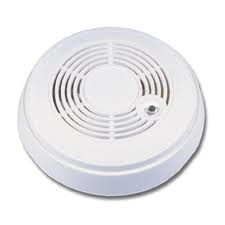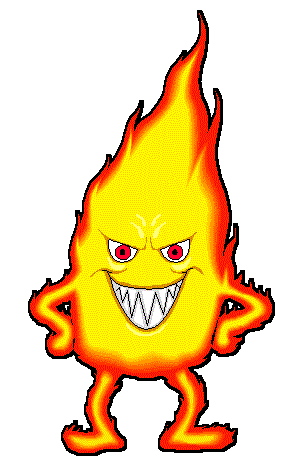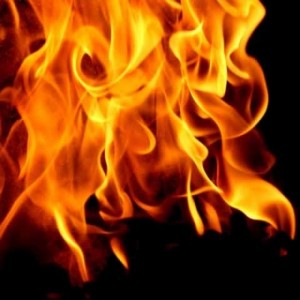 Preventing fires is an important part of fire safety. In the United States, cooking is the main cause of home fires. Cigarettes are a big risk too – they are the leading cause of fire deaths. Here are some fire prevention tips:
Preventing fires is an important part of fire safety. In the United States, cooking is the main cause of home fires. Cigarettes are a big risk too – they are the leading cause of fire deaths. Here are some fire prevention tips:
- Don’t leave the stove or oven unattended when they are on
- Don’t let children use kitchen appliances unsupervised
- Don’t smoke in bed
- Make sure your electrical appliances and cords are in good condition
It is also important to be prepared in case there is a fire. Make sure that you have working smoke detectors on every floor and in every bedroom. You should also have fire extinguishers on every floor and in your kitchen. Make and practice an escape plan in case the main exit is blocked.

